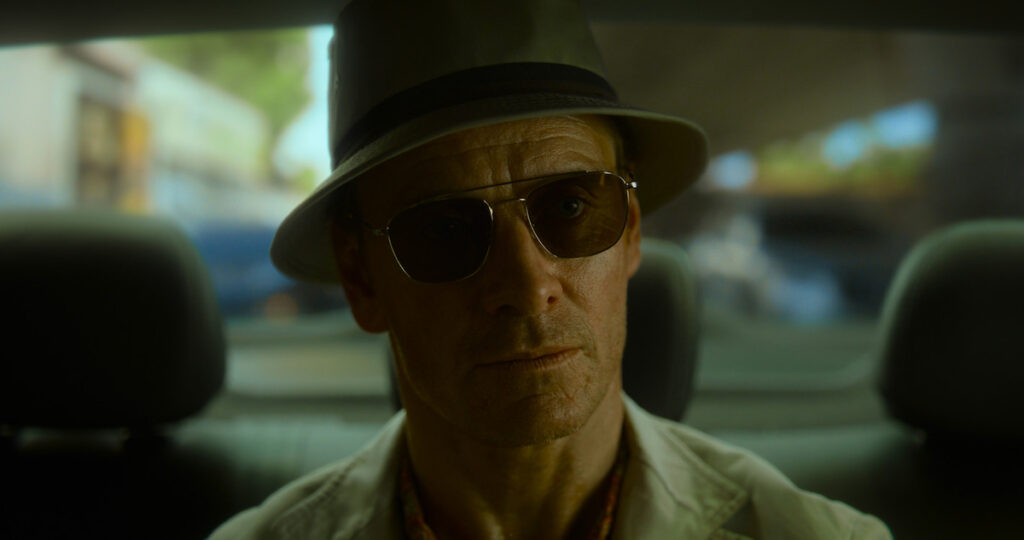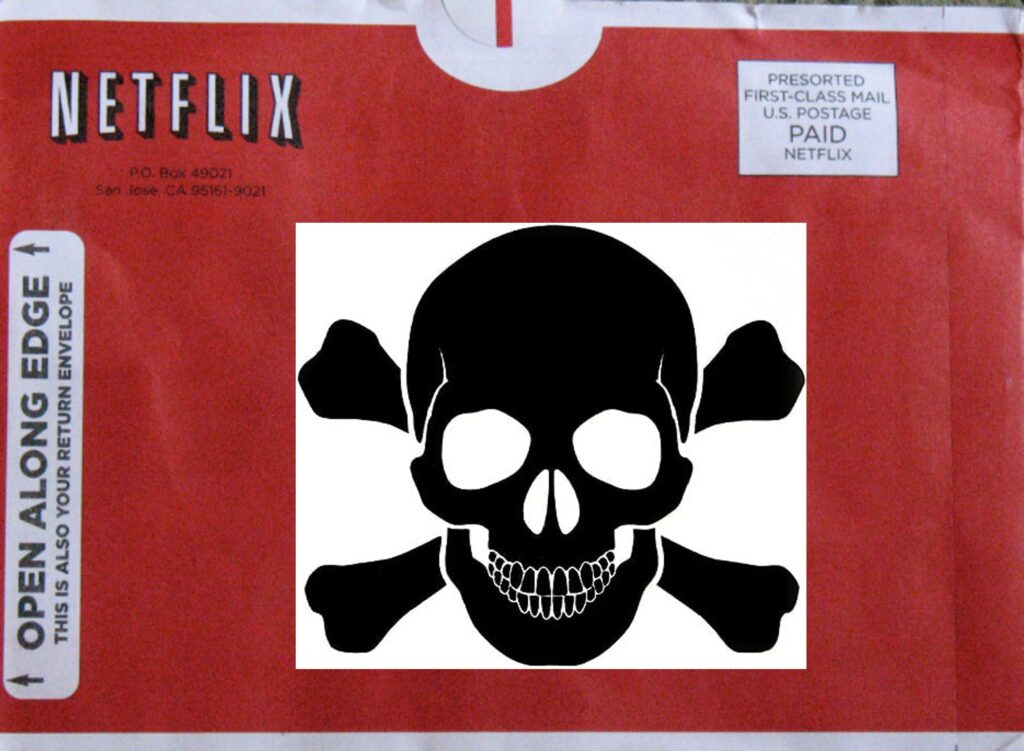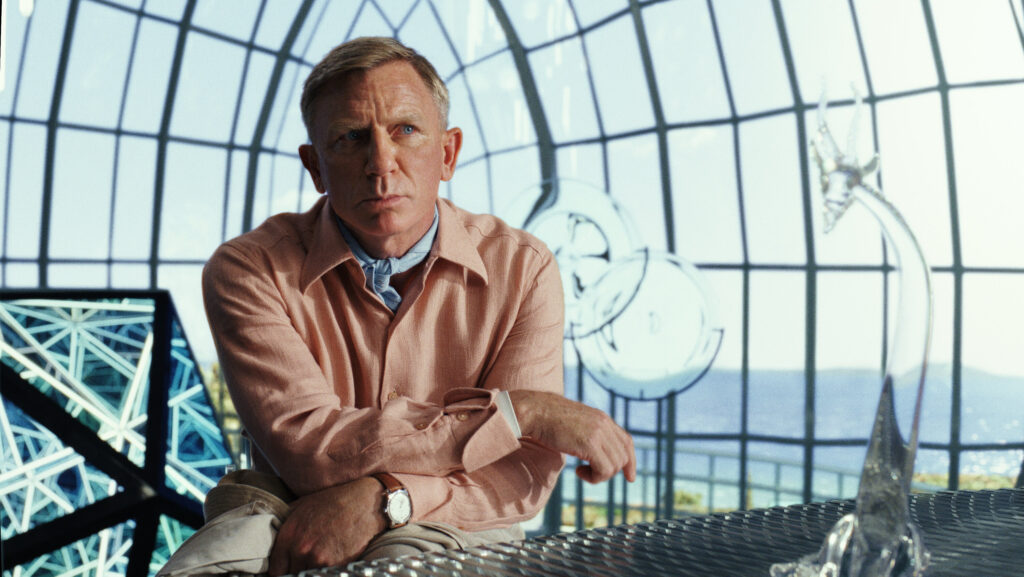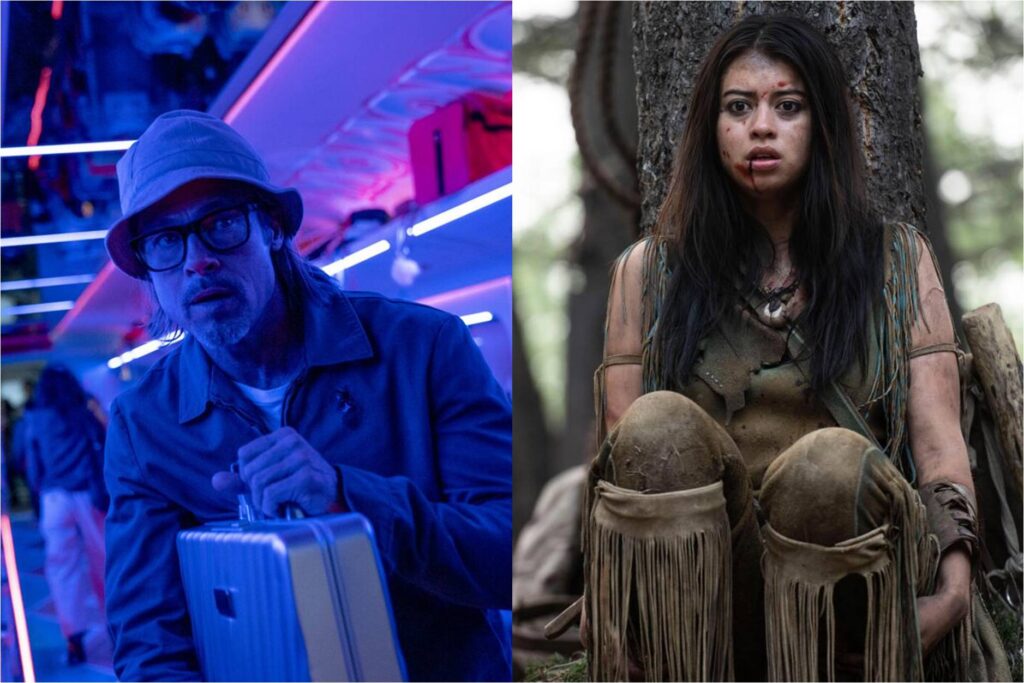The Killer: Shoot to Thrill

Critics are invariably tempted to draw parallels between artists and their subjects, but with The Killer, David Fincher almost makes it too easy. Here is a movie about a man who practices his craft with fanatical exactitude, who exhibits unwavering patience, who abides by a ruthless set of codes and rituals. Remind you of anyone? The only apparent difference between Fincher and his titular character, an assassin for hire played with sleek magnetism by Michael Fassbender, is that the latter aims a gun instead of a camera.
OK, maybe not the only difference. To begin with, for all of his apparent experience and expertise, it’s unclear whether The Killer—who’s unnamed, so let’s call him TK—is especially good at his job. When we first meet him in Paris (after a brisk and absorbing title sequence, a Fincher specialty), he’s sitting in a vacant WeWork loft (WetWork?), calmly educating us—in the nonstop, blackly comic voiceover that will accompany the entire film—on the physical challenges of doing nothing. Even ignoring the picture’s title, TK’s accoutrements—a high-powered arsenal (including a sniper rifle), a spiffy set of binoculars, a wristwatch tracking his biometrics (pro tip: never pull the trigger unless your pulse is under 60)—convey that his vocation is murder. Yet despite his thorough surveillance and his ascetic mantras (e.g., forbid empathy), he botches the hit. It will not be the last mistake he makes, though it is the catalyzing one; the remainder of this fleet, exhilarating movie chronicles the fallout of TK’s error and the pileup of bodies it produces. Read More




